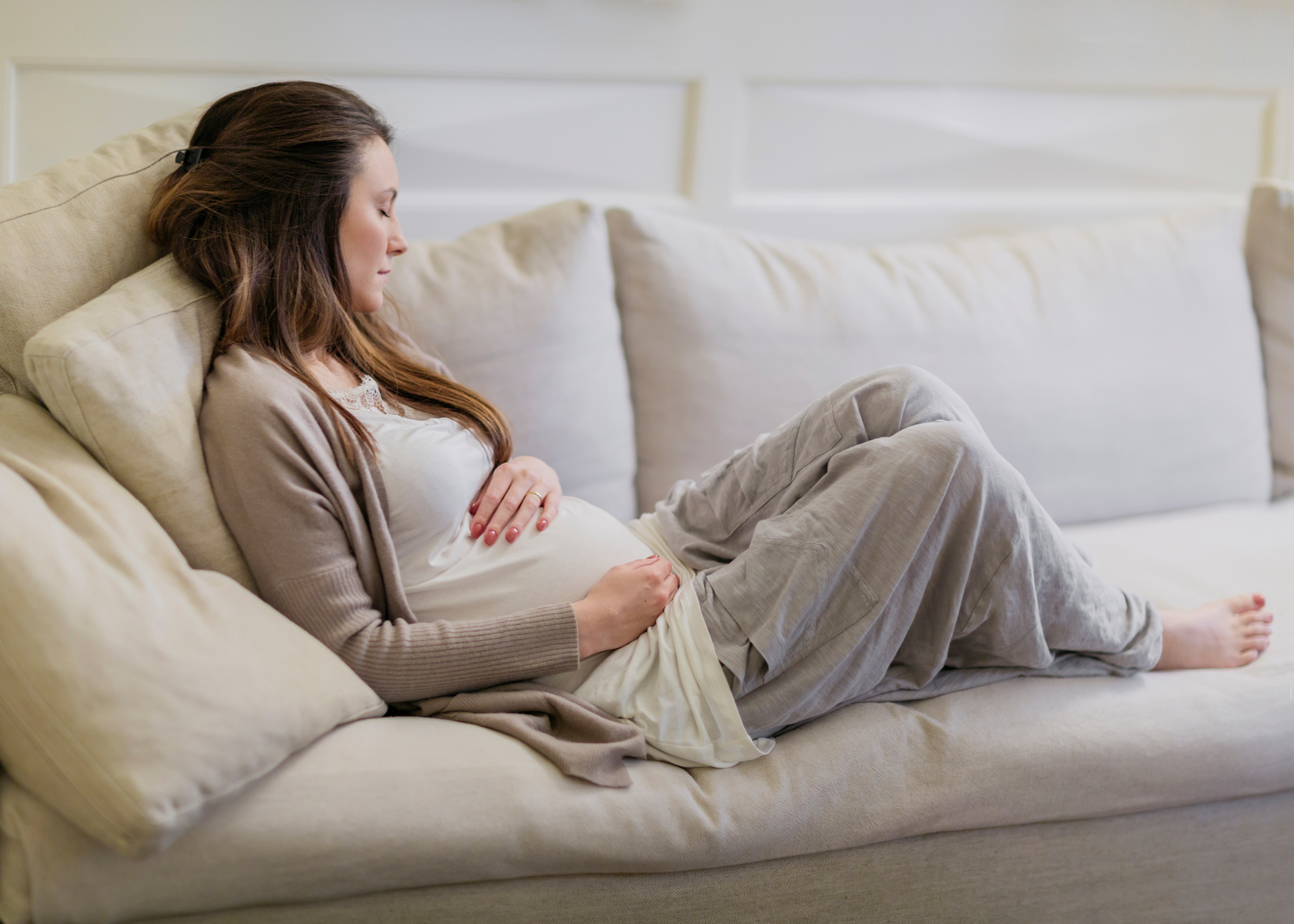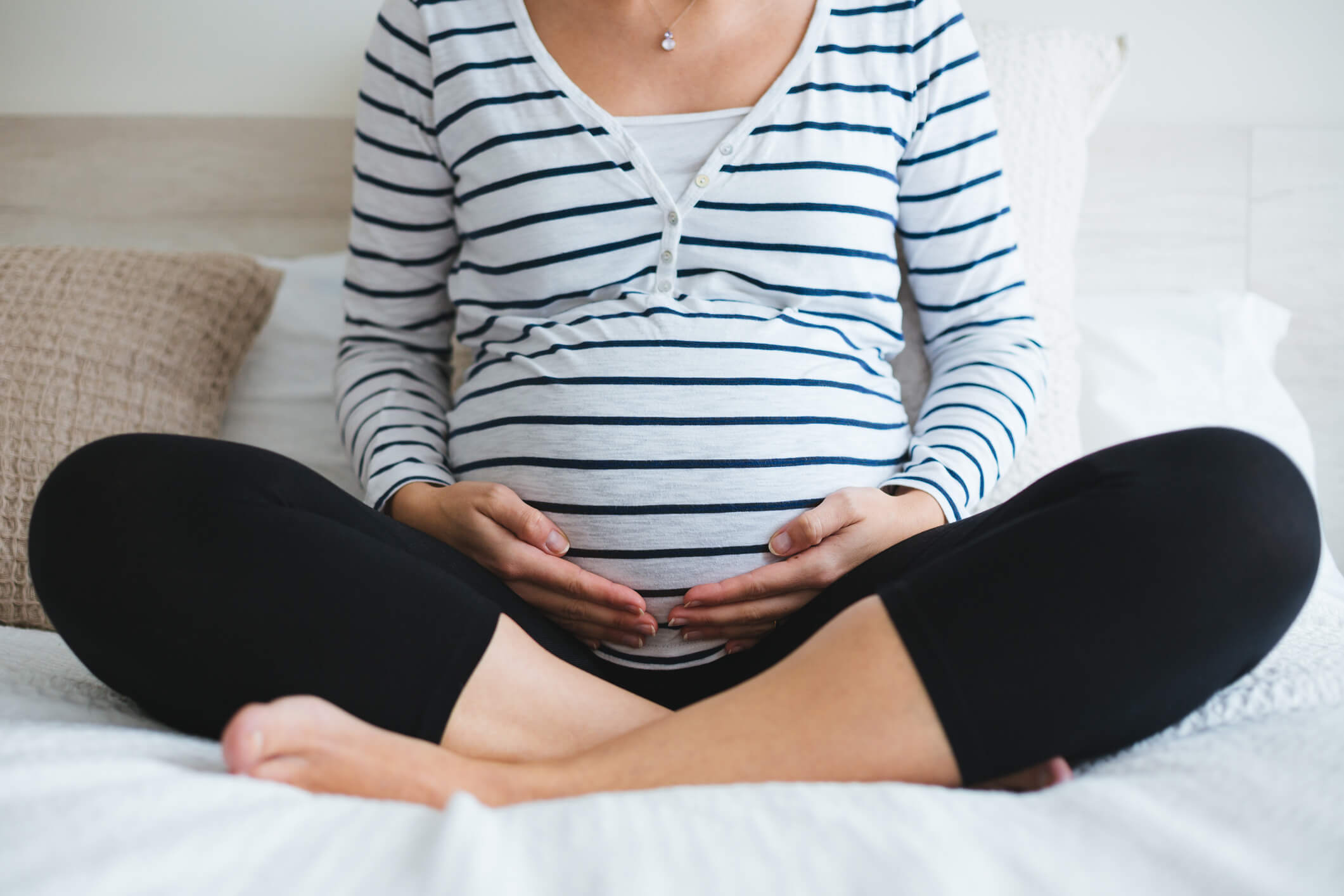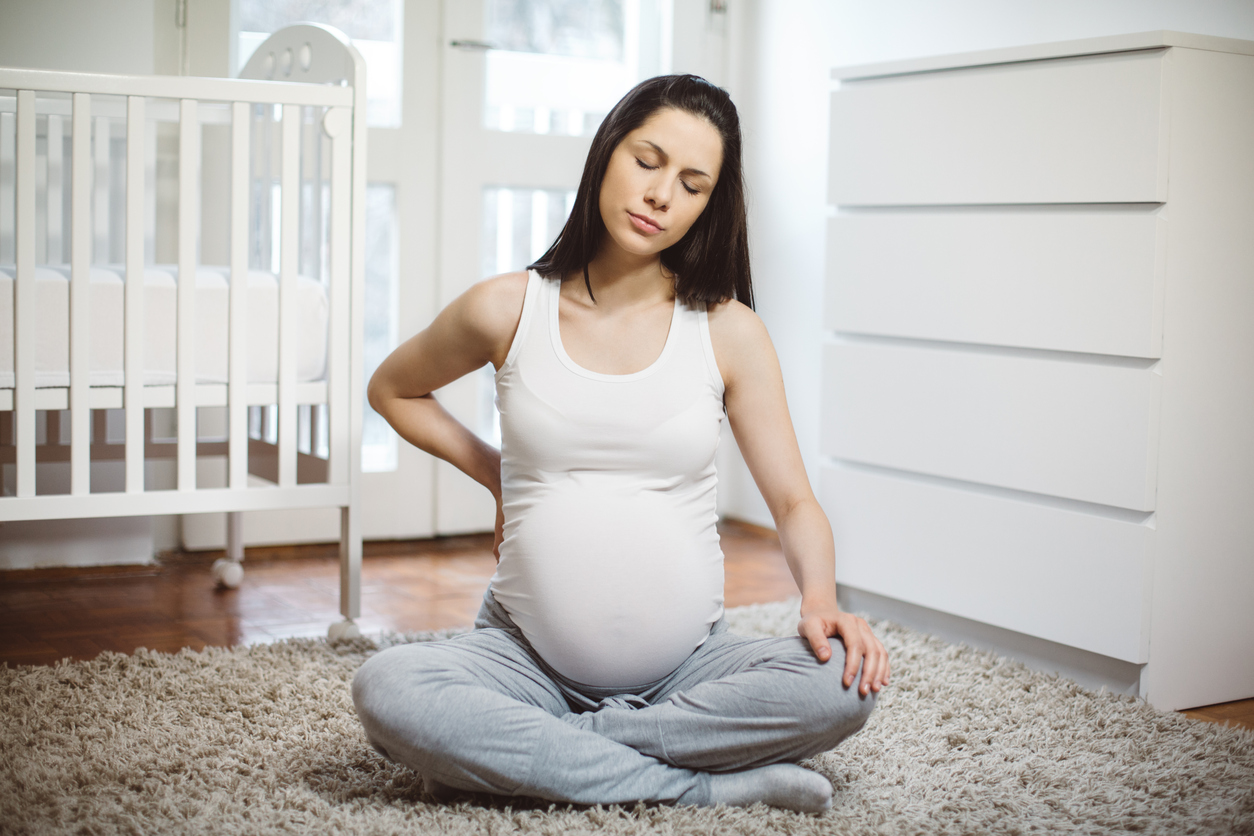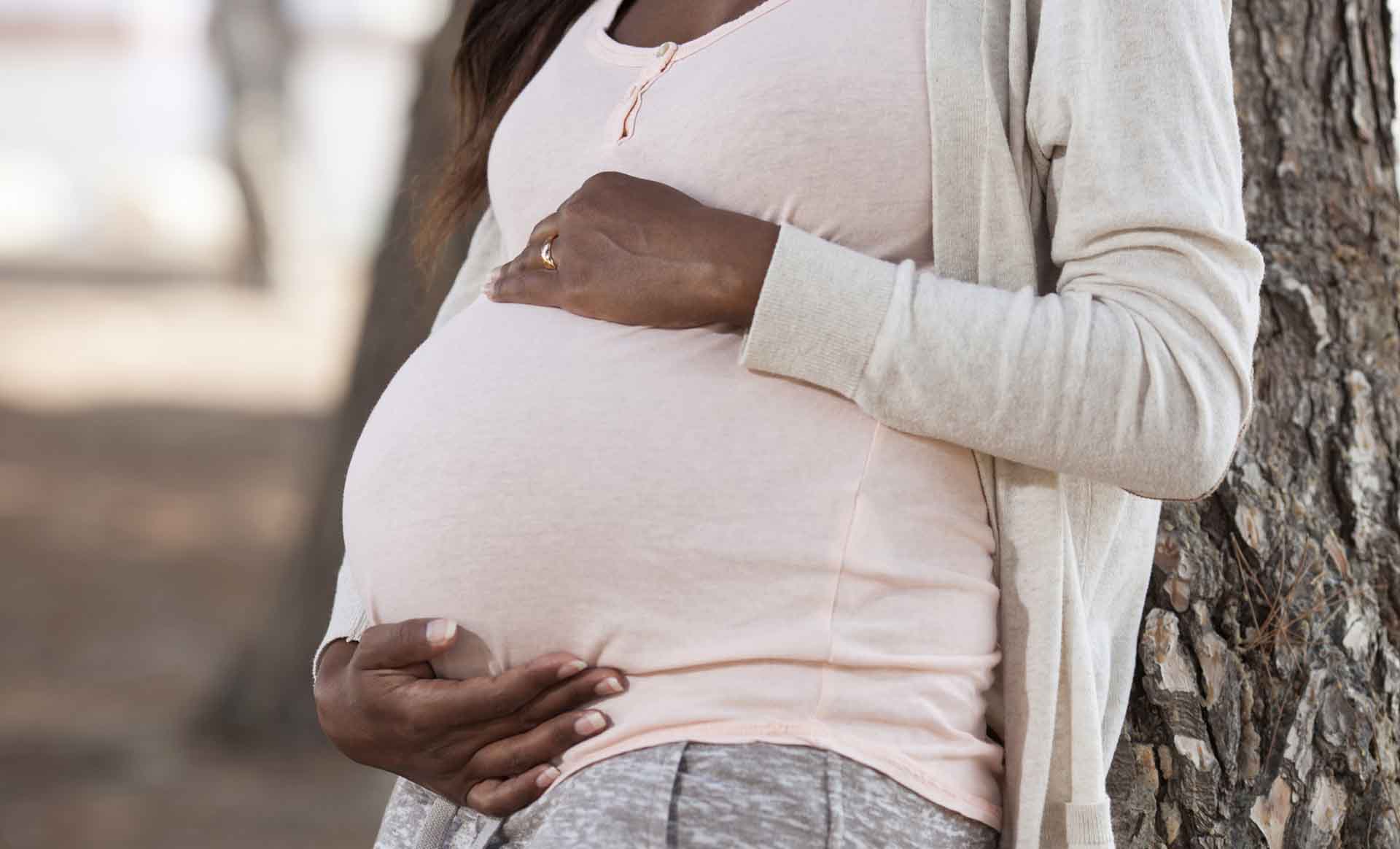-
Unfortunately feeling exhausted is part of the pregnancy package. This can be frustrating if you’re still at work or trying to get organised for your little one to arrive. Luckily fatigue won’t last forever and there are certain things you can do to improve your well deserved zzZZzzs. Here’s what to expect, as well as some tactics for combating tiredness.
Why am I so tired?
Put simply, the reason you’re so tired is because your body is busy growing a new life! Your body is not only working in overdrive to make the placenta, your metabolism has also increased and your blood sugar and blood pressure may be lower, making you feel sleepier than normal. But there’s more; multiple trips to the bathroom at night, heartburn, kicks and punches from bub, nightmares or anxiety and simply not being able to find a comfy spot can all make for a sleepless night. But don’t let the lack of sleep send you into a panic. It won’t affect your baby, it won’t last forever and there are some things you can do to help.
How to deal with tiredness
It’s unrealistic to expect your life to continue at the same pace when you’re pregnant. If you’re feeling exhausted it’s most likely a sign from your body to please slow down! Clear out your calendar, don’t over commit and try to get an early night. Try to avoid tea, coffee or other caffeinated drinks late in the day. Some light exercise or taking short naps can also help. Treating yourself to a bath, some soothing music or meditation may also help you relax and catch those zzZZzzs.
READ MORE: Stress and pregnancy: what you need to know
Tips for getting through work
Unfortunately, if you’re feeling exhausted at work the only real remedy is to get a good night's sleep. However, there are some short term fixes that can make a difference. Drinking tea or having healthy snacks on hand like grapes or muesli bars can perk you up if keeping your eyes open feels like mission impossible. And whilst it may be tempting, junk food is not your friend when you’re already feeling exhausted. Instead, aim for smaller, healthy meals more frequently throughout the day.
Sleeping with your bump
The safest position to go to sleep is on your side. If you can’t get comfy try using pillows under your belly, between your legs, or behind your back. Sleeping flat on your back is not recommended as this causes your uterus to press on your spine, back muscles, and major blood vessels, which can decrease blood flow to your baby.
How your partner can help
The good news is you don’t have to go through this alone. Whether it’s your partner, a friend or family member, surround yourself with a strong support network. Small gestures like having someone cook you dinner, give you a massage or run you a bath can help to put you in the zone to sleep.
READ MORE: Immunisation 101
When tiredness is a sign of something more serious
While feeling tired and fatigued is completely normal for pregnant women, there are some instances where it can be a sign of something more serious. If your exhaustion is accompanied by feeling weak and lightheaded, it could be a sign of iron deficiency. If you’re worried, always check with your GP. Fatigue can also be a symptom of depression. If you think you might have prenatal depression seek help from your GP.
Dealing with fatigue during pregnancy

-
Avoiding cold and flu during pregnancy
During pregnancy, women are at an increased risk of experiencing complications from the flu. Make sure you understand what steps you can take to help keep you and your baby healthy.
-
Choosing childcare that fits your family
Here’s what you need to know when choosing childcare
-
How to avoid 'dad bod'
How to keep fit and healthy with a new baby in the house
-
Expecting a baby during COVID-19
We address some common questions you may have.
-
How your extras can help during pregnancy
Use your cover to stay healthy
-
Pregnancy self-care essentials
Obstetrician Dr Chris Russell shares some advice.
Subscribe to receive the best from Live Better every week. Healthy recipes, exercise tips and activities, offers and promotions – everything to help you eat, move and feel better.
By clicking sign up I understand and agree to Medibank's privacy policy






